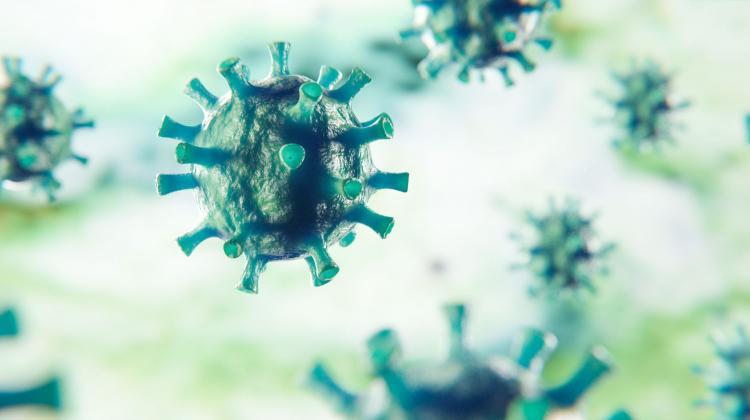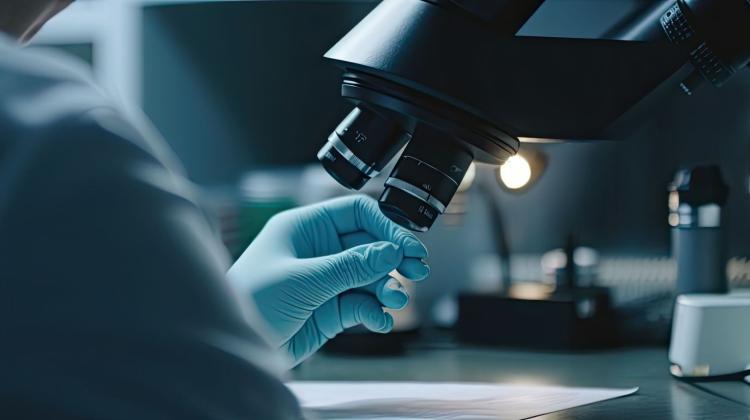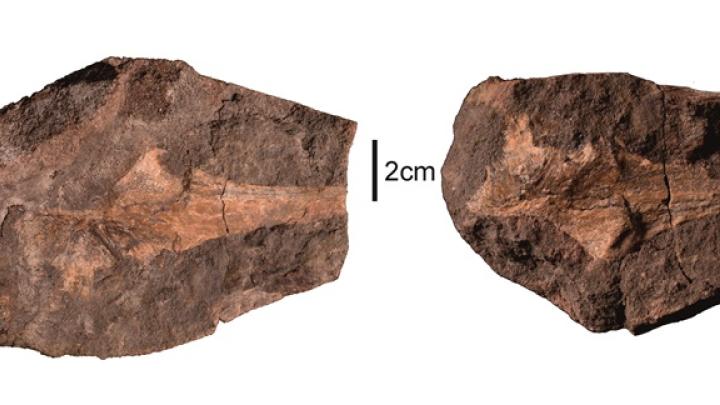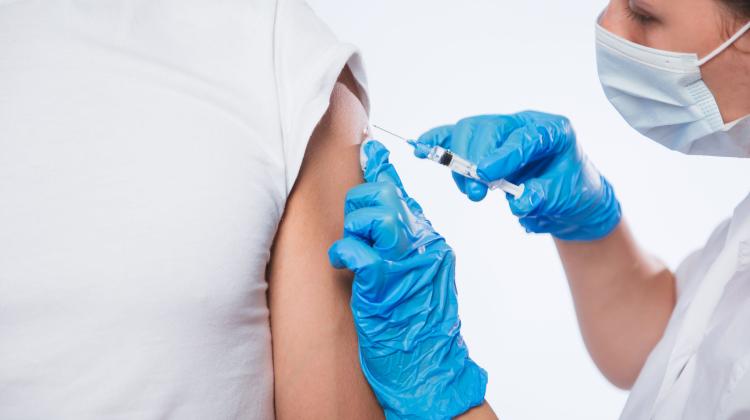Three SARS-CoV-2 variants under investigation by scientists
 Credit: Adobe Stock
Credit: Adobe Stock
Three variants of SARS-CoV-2 from the UK, South Africa and Brazil are being investigated by researchers as concerns grow that their mutations could carry a higher risk of reinfection in survivors.
Of particular concern is the E484K mutation found in the South African and Brazilian variants which have also appeared in the development line of the British variant.
Dr. Piotr Rzymski from the Poznan University of Medical Sciences said that the mutation also leads to a change in the region of the receptor binding domain, but “preliminary observations show that it may be an escape mutation, one that leads to a decrease in the reactivity of antibodies to the S protein of the coronavirus and thus allows it to slip past the body's immune defences.”
He continued: “Experimental data show that it reduces the power with which convalescent antibodies neutralize the virus. Re-infections with variants carrying the E484K mutation have also been reported. This is not a cause for panic, as reinfection does not have to be more severe, it may even be milder. Remembered that antibodies are not the only mechanism of the immune system to fight the virus.
“If the virus is more contagious, it can automatically translate into more people hospitalised and thus more fatalities. But this does not necessarily result directly from the greater pathogenicity of a given variant. Whether the infection with a given variant is more lethal or not, requires testing under experimental conditions.”
Rzymski added: “On the other hand, studies recently published in +Nature Medicine+ are good news for vaccinated people: the systems of the most important mutations of the British and South African variants have little significance for the activity of antibodies produced after administration of two doses of BioNTech/Pfizer vaccine. Moreover, it has recently been shown that while convalescent antibodies do not necessarily do well with the African variant, administering one dose of mRNA vaccine raises mRNA levels a thousand times and allows the variant to be neutralized.”
RNA vaccines enable quick adaptation of the preparation in a situation where the coronavirus mutates significantly, and these mutations significantly reduce the effectiveness of the vaccines.
Rzymski said: “This new version of the formulation will be adjusted to the S protein of the South African variant. Thanks to this research, it will be possible to develop a strategy for dealing with options of more concern in the future. And it is very good that we do not wait for the virus to surprise us again, but we are already trying to prepare a plan B.”
(PAP)
author: Anna Jowsa
ajw/ pat/ kap/
tr. RL
Przed dodaniem komentarza prosimy o zapoznanie z Regulaminem forum serwisu Nauka w Polsce.




















